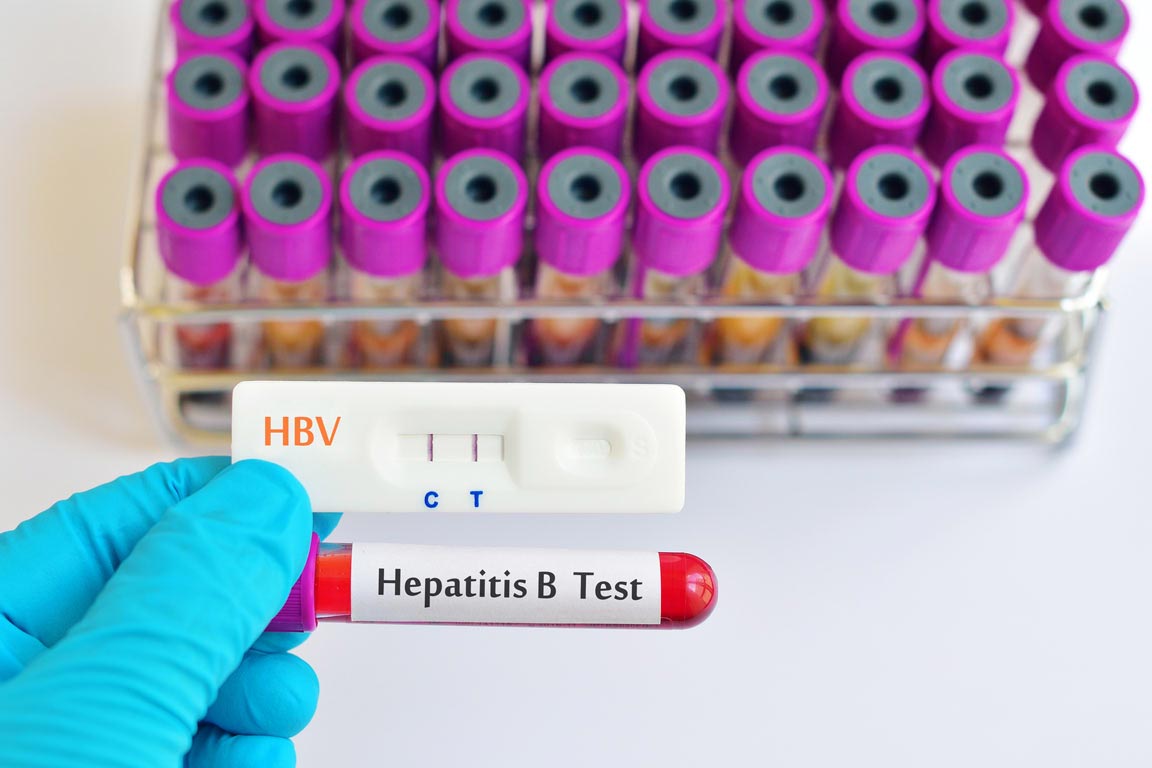Astragalus Based Herbal Formulas for Hepatitis

Could astragalus help reduce the symptoms of this serious, chronic liver infection? Clinical studies show astragalus improves blood markers for the disease and liver function, but by itself its effect is not that significant in terms of clinical symptoms. However, recently published results of multiple clinical trials suggest that astragalus combined with other herbs could be an effective treatment for both hepatitis B and hepatitis C.(86, 117)
Evidence of Benefit
Although not all hepatitis infections become chronic, they are a serious health risk when they do. Hepatitis B and hepatitis C cause inflammation in the liver. Both types of hepatitis can lead to the development of liver cancer and are potentially deadly infectious diseases. The chronic versions of hepatitis are typically treated with antiviral medications.(118)
How Does Astragalus Work?
Research suggests that astragalus can reduce the damage and death of liver tissue caused by viruses.(86)
Results of clinical trials using herbal formulas containing astragalus suggest it can also help block the virus from replicating, as well as other benefits.
| Patient & Trial Details | Herbs/Drugs Used | Outcomes |
|---|---|---|
|
2 month controlled clinical trial(86) 208 patients with chronic hepatitis B:(86)
|
(Primary herb in bold.) Treatment group: an herbal tea containing these ingredients divided into 3 doses a day):(86)
Control group: an herbal tea containing these ingredients divided into 3 doses a day:(86)
|
Astragalus group had significantly:(86)
|
|
6 week randomized controlled clinical trial(117) 57 patients with chronic hepatitis C:(117)
|
Treatment group: 36 g of herbs extracted with 100 mL daily Kuan-Sin-Yin (KSY), a Chinese herbal formula containing:(117) Equal ratios of:(117) Half ratios of:(117) Control group: 100 mL daily of the treatment formula, diluted 16-fold to make it non-therapeutic(117) |
Treatment group had significantly:(117)
|
|
Randomized controlled clinical trial with 6-week testing period(119) 57 patients with chronic hepatitis B:(119)
|
Treatment group took one packet of KSY formula (see above for ingredients) a day after dinner.(119) Control group took one packet of a non-therapeutic, diluted form of KSY each day after dinner.(119) |
Treatment group had significantly improved liver function.(119) |
|
52-week multicenter, randomized, double-blind, placebo-controlled clinical trial(120) 301 patients with chronic hepatitis B randomly assigned to combination of either a placebo or the herbal formula with entecavir (a pharmaceutical antiviral drug).(120) |
Treatment group: 0.5 mg/day of entecavir and 4.5 g of Lingmao formula (twice a day, taken orally) containing concentrated amounts of the following herbs:(120)
Control group: 0.5 mg/day of entecavir (pharmaceutical drug) and 4.5 g of placebo (twice a day, taken orally)(120) |
Astragalus group had reduced HBV viral load significantly more than the control group.(120) |
In the clinical trial mentioned above, astragalus was combined with other TCM herbs used to promote liver function and given to the treatment group in the form of a tea that was consumed three times a day. The control group was given another tea to drink containing other TCM herbs typically prescribed for the condition.(86)
Compared to the control group in this 208-patient study, those treated with astragalus during the 2-month trial showed significantly better inhibition of viral replication. Over 90% of the 116 patients treated with the astragalus formula indicated improvement in liver function tests and clinical symptoms—with 76 patients (65.5%) showing full recovery. In comparison, less than 70% the control group showed improvement, with 26 of the 92 patients (28.3%) showing full recovery.(86)

